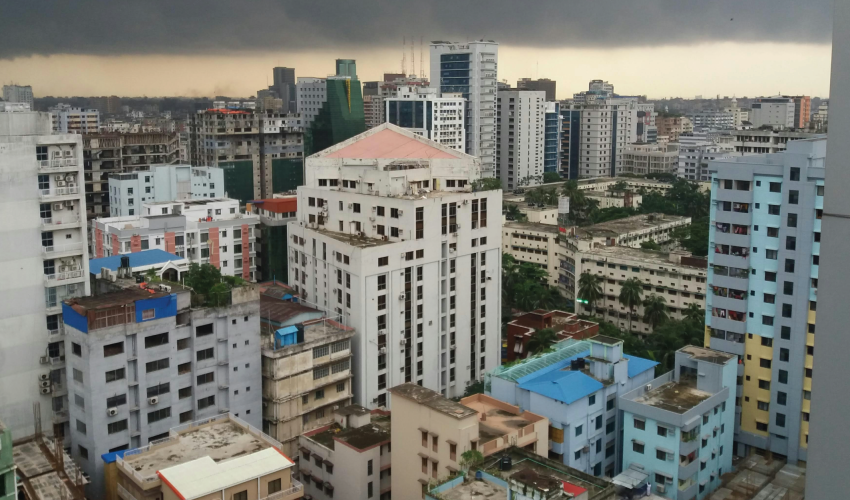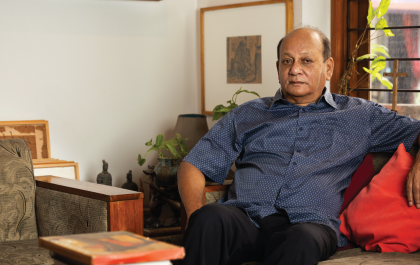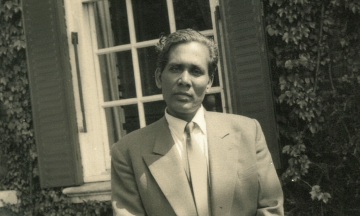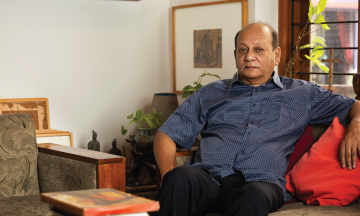Abak Hussain
In the immediate aftermath of the July uprising, the air was filled with good intentions – a very special kind of hope that doesn’t come around too often. A large quarter of mainly young people, sick and tired of the politics of nonsense they had witnessed for years and years, tried to bring the focus back to the core issues affecting quality of life in the country. If we are honest with ourselves, it would be hard to find a more urgent issue than air pollution. In spite of being one of the most insidious killers in our midst, and a scientifically proven health hazard, time and again the issue of air pollution has been pushed to the margins – always secondary to Big Business, GDP-babble, international relations, and just about every other crisis that happens to pop up. In the previous regime, of course, singing praises of government took priority, and every public official was a Zen-master of dodging accountability. The polluters never admitted to their part in this health crisis, let alone pay up, and the situation got worse and worse and worse. The quality of our health and our lives hit rock bottom but there was no one to listen to our pleas because as we all know, an authoritarian government is not answerable to its people.
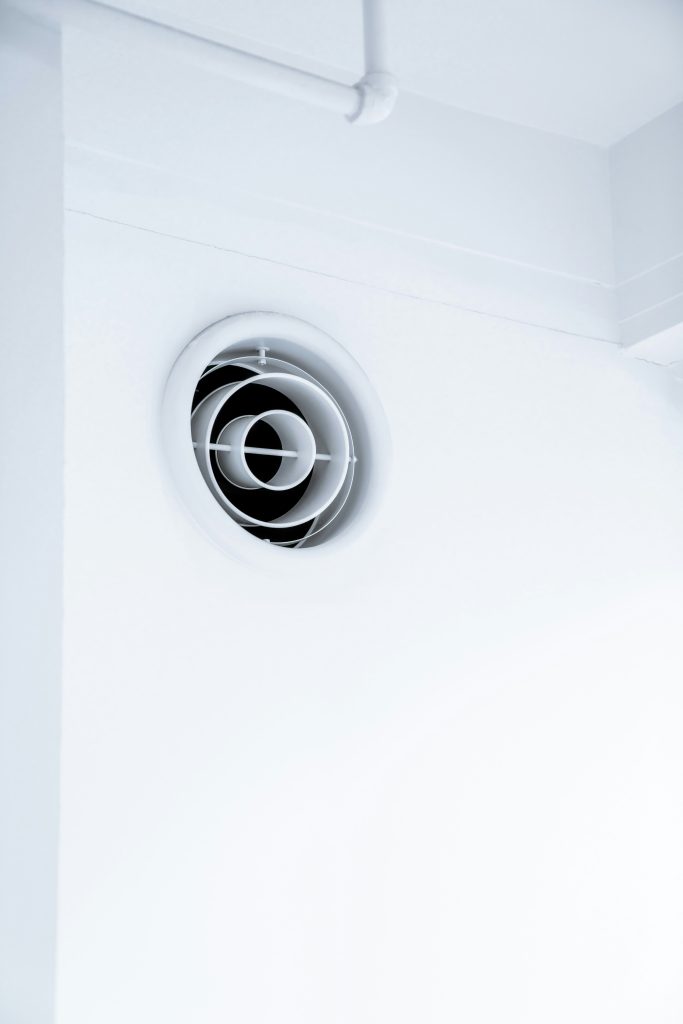
Photo Source: Meritt Thomas
But now there are the winds of change, but the question is still up in the air – how much of the good intentions we are seeing will actually translate into action in the days to come? With the regime change, ordinary citizens can all breathe a little easier simply due to having the jackboot of autocracy off their necks, but the environmental problems still persist. Our beloved capital and largest city remains one of the most polluted in the world. We do not require science to tell us this – we can tell from experience that the air is thick with particulate matter, though if one wants scientific backup, AQI figures are readily available. Our air is hazardous and unbreathable – this is not a matter of opinion, and this is not a niche concern to be shrugged off in favor of more urgent issues. Let us be clear about one thing, however. This problem is one that the current caretaker government has inherited, as such, it is a continuation of Awami-era policies and actions that included turning a blind eye to rampant polluters, allowing detrimental and illogical construction projects in the name of development, and failing to bring law and order into our traffic system – crucially, failing to disallow the unfit vehicles that belch black smoke to ply our roads. Ultimately, environmental protection is not rocket science. But it requires a clear political will, with good intentions backed up by implementation, and it requires widespread public education of a shared responsibility. We all have a right to a clean environment, and there is a massive void in the public conscience in the space where civic sense should reside. Just like I do not have the right to take my neighbor’s property or squat in their home without consent, I do not have the right to destroy the environment which we all share.
This right now is all theoretical in the context of Bangladesh. As I write this, I look out the window of my apartment and see a grotesque high-rise construction site where a small, open school once stood. For nearly three years, this atrocity of a project has been creating air pollution, noise pollution, and blocking pretty much all natural light, and for some reason it is still not complete. Nobody took my permission before beginning this construction, and there was not a single thing I could do about all the problems that arose. In economics textbooks, such problems are called negative externalities, and there are elegant theoretical solutions for taking care of externalities, such as making the polluter pay the victim. Theoretical being the key word, because in my experience, no one has ever paid me a dime for destroying my habitat, air, wellbeing, or health. We need to, then, first and foremost protect the environment through legal safeguards – ie my right to live without these assaults must be recognized, and I must be compensated for actions that negatively affect me. Secondly, we need to act, act, act.
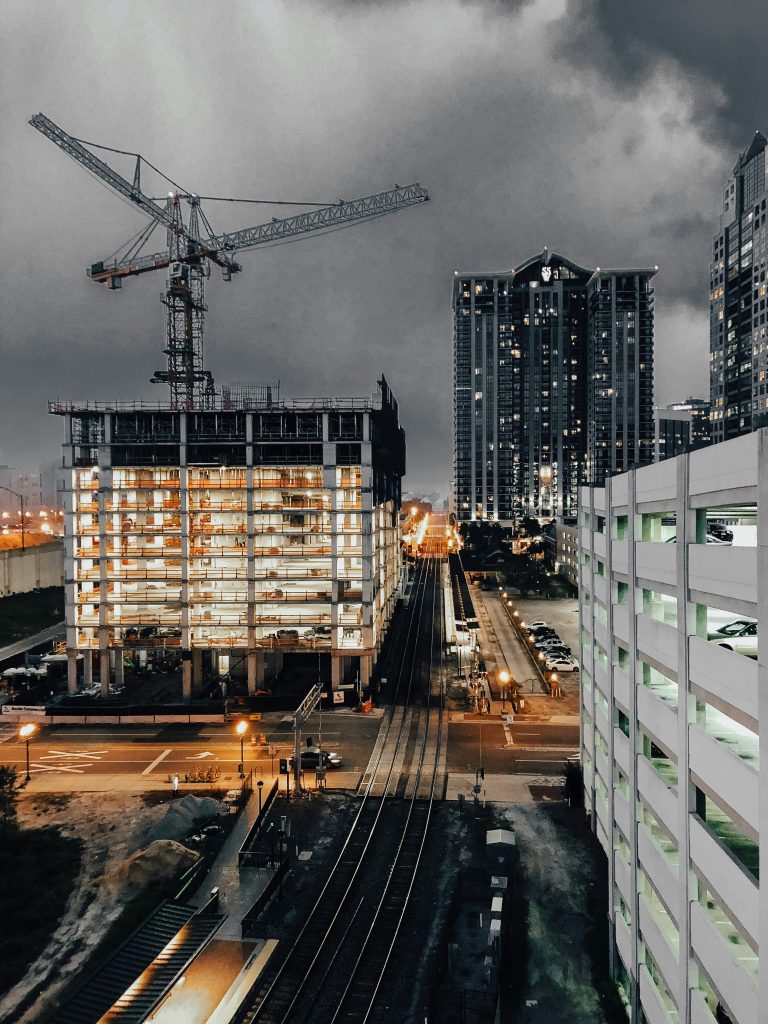
Photo Source: Nathan Waters
Take the problem of rampant waste-burning, for example. This is an especially egregious example of environmental harm because in most cases it is entirely unnecessary, and done by ignorant folks who lack any conception of what air pollution is. How do we stop these polluters? Kudos to the environment advisor who recently said, in fairly unambiguous language, that waste burning will not be tolerated. I want to give her a standing ovation for that strong statement, but let’s come back to my question: how do we stop these polluters? I do not have the environment advisor’s number saved on my phone, so what course of action should I take when, in the course of walking through my city I encounter a garbage-barbecue filling the air with the stench of death? I should, as a conscientious citizen, be able to ask the perpetrators to put out the fire, reminding them if necessary that waste-burning has been prohibited by the government. But the type of people who burn garbage out in the open generally don’t like being told what to do, and a confrontation such as this may escalate, and put me at risk.
Is there, in that case, a hotline to call? We are long past vague statements – the previous government made many, many statements which turned out to be hot air. We need to do better. This means we need a game plan – a guideline for citizens actively engaging in positive nation-building and protecting our community from hazards, environmental or otherwise. They say the road to hell is paved with good intentions – let us not botch this chance to clean up our communities, and our air. In terms of methodology, there is a tremendous amount we can learn from countries like Switzerland, Iceland, and Singapore about environmental policy – they walk the talk, and therefore score high on liveability, quality of life, health, and life expectancy indicators. A tangible improvement in air quality, measured by instruments as well as human perception, will be an accomplishment that no one, not even detractors of the current caretaker government, will be able to deny.
Abak Hussain is Contributing Editor at MW Bangladesh.
Feature Image By Mahmudul Hasan Roni
- mahjabin rahman
- mahjabin rahman
- mahjabin rahman
- mahjabin rahman
- mahjabin rahman
- mahjabin rahman
- mahjabin rahman
- mahjabin rahman
- mahjabin rahman
- mahjabin rahman




